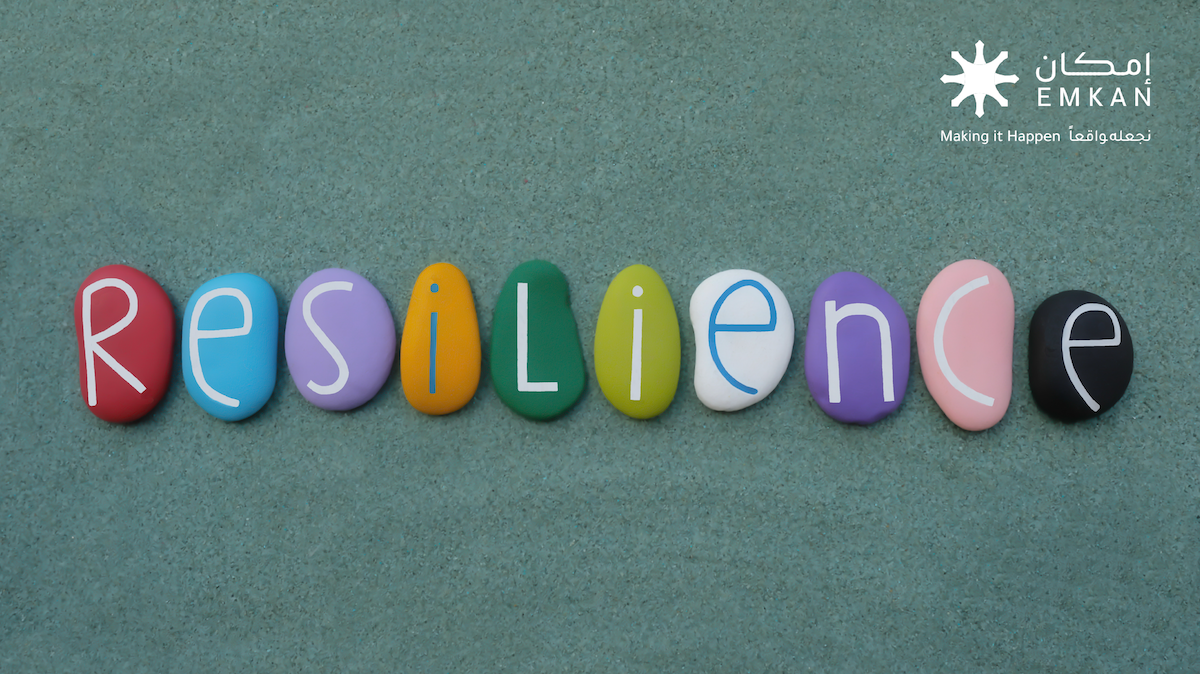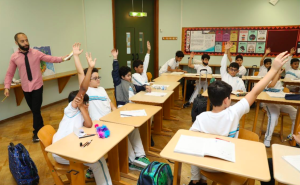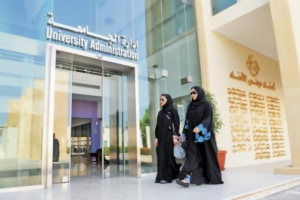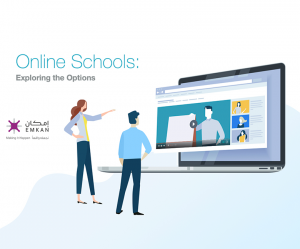
When we hear or read the word ‘Resilience’ many questions come to mind:
‘Are we innately resilient?’, ‘is resilience a learned skill?’ Or in some cases is it a skill that we were subjected to learn?
In order for us to be able to answer such questions and understand the concept of Resilience and its relation to education, we would need to define it first.
Resilience according to the Oxford languages dictionary by definition means ‘the capacity to recover quickly from difficulties. Human resilience is an ongoing process that comes from life experiences, interactions, relationships, and education.
The relationship between resilience and education can be considered as an active teaching process in some ways. Strategies such as fostering and nurturing success, teaching students that failure is a part of success, and how to get back up after failing are some of them. Other methods of teaching resilience at school, is teaching the child to learn in different ways, and to be flexible with their learning. For example, the ‘Montessori Method’, which has been popular for years in many schools around KSA, have implemented teaching where students take control of their own learning and by fostering them to be independent capable learners. Another example would be using a blended learning approach where students would be taught both on campus and online.
Due to the recent pandemic of Covid-19, the resilience of teachers and learners was put to the test overnight. Schools had to find a way to move campus-based learning to fully online learning, or a blend between online and in-person learning in some countries. Some higher education institutions such as colleges and universities had no issues as they have had this infrastructure set up before the pandemic. However, most K to 12 schools had to build these online learning systems from scratch, teach their teachers and students to use the platforms, and ensure students were actually learning. And that is where the biggest test of resilience came in.
In Saudi Arabia, and in addition to showing resilience, teachers and students had to overcome other limitations of online learning, such as not having stable internet connection, lacking computer literacy, and readiness to adopt distance learning; which all lead to a drop in academic performance (MOE, 2020).
Luckily, online learning during the pandemic was not all negative, a study by Oraif & Elyas (2021), which surveyed 379 high school students, stated that some of the positive outcomes of the pandemic when it comes to education, 49.4% of students’ have reported that online learning is easier to understand, 1.8% of students’ reported that they have become more independent learners and take an active, contributing role in their education. Additionally, 11.6% of students stated the teaching approach has become more interactive, and teachers have focused on more creative and engaging ways to stimulate learners versus the traditional teaching methods.
On the other hand, from the same sample of students Oraif & Elyas (2021), reported some drawbacks of learning in a pandemic which include, a learning gap or loss for some students, 46% of students reported lack of understanding the material due to online learning, 8% of students stated they had poor connection issues that caused limitations to their studies and 15% reported feeling dissatisfied with the lack of real interaction.
Alternatively, to combat the learning loss that occurred due to the pandemic, UNICEF Europe and Central Asia (2020), suggested a four-step plan for schools; Asses, Plan, Review, and Do.
In Step 1, Assess, schools and educators should assess and analyze the current state of their students’ access, learning and wellbeing, and based on the outcome, formulate Step 2, a Plan.
Step 2, Plan to improve the current status of education and needs of students by building a strategy based on their custom needs.
Step 3, Review, would entail monitoring and assessing the plan made, and making changes accordingly.
And finally, Step 4 Do, would be to implement the plan and record the results and monitor the progress.
Moreover, one way in which we have shown our support to the education community was by holding our annual school conference, Emkan School Conference (ESC) under the theme of ‘Resilient Education’. Following the theme of the year, we held our ESC-21 virtually, in order to reach as many educators, leaders and parents as possible. The number of attendees this year was a total of 1,621 attendees from around the globe. ESC-21 was sponsored by SEDCO holding, Cambridge International, and the MEPLI program at Harvard University Graduate School of Education.
Furthermore, the speakers included highly esteemed educators and leaders from all over the globe, from the United Arab Emirates, United Kingdom, United States, Lebanon, Saudi Arabia, and Jordan. Additionally, there were a variety of sessions in both languages, Arabic and English, with topics such as Resilient Schools, Helping Learners Help Themselves, Role of Digital Technology in supporting Resilient Education, and many more. You can access the recorded sessions through this link.
Emkan Education’s sister company, Aanaab Academy platform, also gave back to the teacher community by being the first platform to provide free webinars by highly qualified trainers for teachers on teaching strategies online. Additionally, they offered courses for teachers on digital learning, virtual classrooms and behavior management online and online teaching strategies. Furthermore, they offered courses for parents on strategies on how to support their children with online learning.
As for international education providers; Cambridge Assessment International Education, also an Emkan Education’s associate, supported their learners and teachers worldwide by providing different resources such as blogs and webinars on the topic of resilience in education. The Cambridge International blogs and webinars included valuable information for each target audience such as tips to learn online, how to help teachers adapt to online learners, etc. Additionally, teachers were given free access to paid extra services such as Test Maker by Cambridge International till the end of 2020. Furthermore, during the Covid-19 pandemic when students were not able to sit for their external examinations, IGCSE & A Levels, therefore, Cambridge Assessment International Education came up with the solution that helped students in lockdown to have an alternative to taking examinations; School Assessed Grades. Essentially, School Assessed Grades allowed students to have an alternative method of grading for their exam based on their performance during the school year.
In conclusion, the covid-19 pandemic has shown that learners and teachers have all been able to shift the way they take in information overnight. The future of education has changed in the way that students have taken an active role in their learning. In the coming years, the effects of Covid-19 on the education system have yet to be determined, however we can surely agree that students and teachers both have truly shown resilience throughout. As Emkan Education’s social responsibility to our community, we strive to improve and support our students and educators in the best possible ways to create meaningful learning experiences.
We will be addressing additional important educational areas in the near future; so stay tuned
Wishing you all yet another unconventional and resilient academic year.
For further support and more information on our services, please contact us on: [email protected]
References:
- Oraif, I., & Elyas, T. (2021). The Impact of COVID-19 on Learning: Investigating EFL Learners’ Engagement in Online Courses in Saudi Arabia. Education Sciences, 11(3), 99.
- Saudi Arabia, Ministry of Education, (2020). The Saudi MOE leading efforts to combat coronavirus pandemic (COVID-19).
- UNICEF. (2020). Building resilient education systems beyond the COVID-19 pandemic: Considerations for education decision-makers at national, local and school levels. UNICEF Europe and Central Asia.










